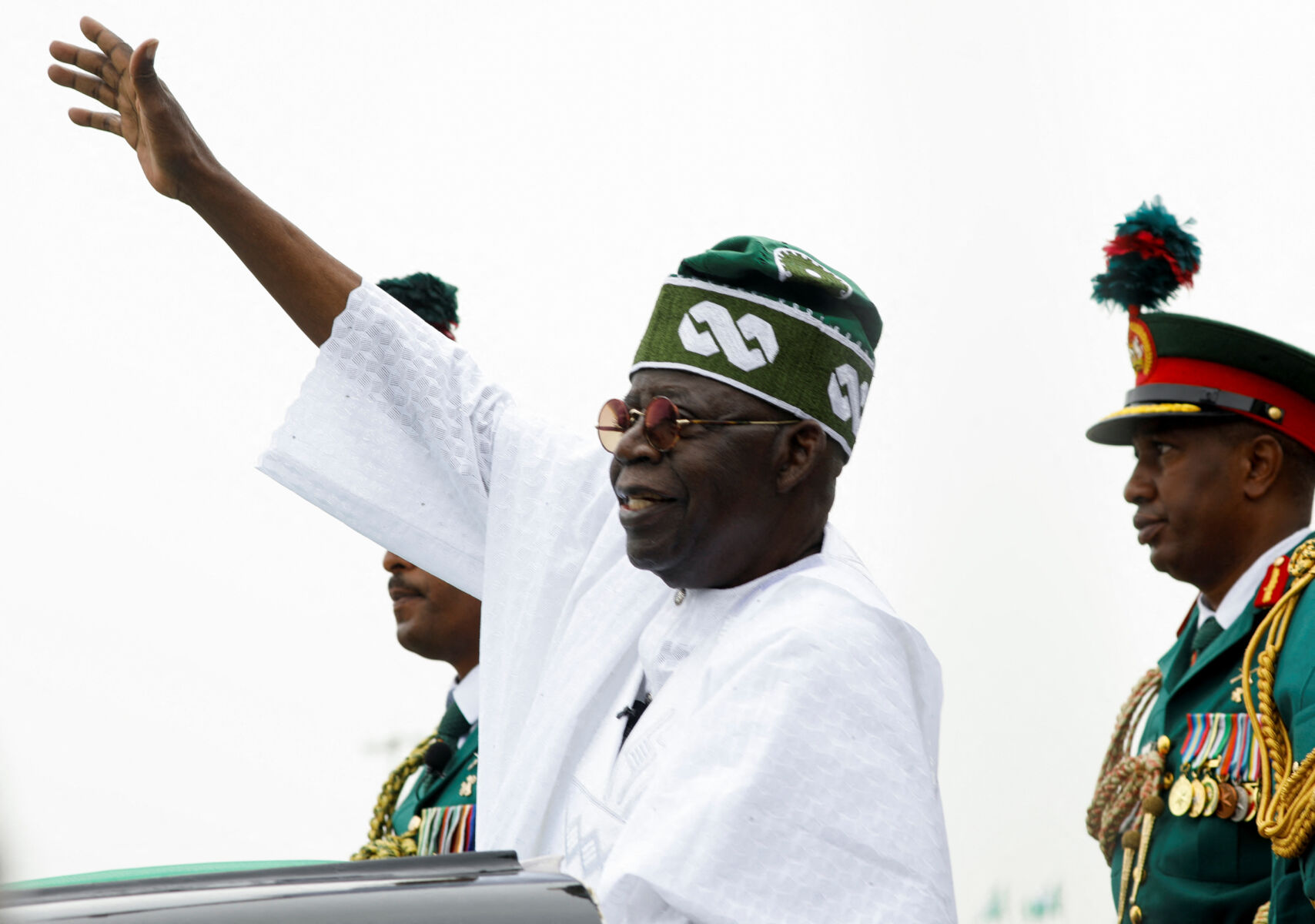Nigeria’s petrol subsidy removal: President promises infrastructure investment

Nigeria’s President Bola Tinubu has acknowledged the additional burden on citizens following the removal of a popular petrol subsidy, but emphasised that the decision will ultimately benefit the nation through investments in education, power supply, transport infrastructure, and healthcare. In a broadcast on Democracy Day, Tinubu stated that the subsidy had become increasingly expensive for the country, with the government spending US$10 billion on it last year.
The removal of the petrol subsidy has resulted in petrol prices nearly tripling in Nigeria, causing anger among unions and a spike in transport costs. Small businesses and millions of households that rely on petrol generators for power due to inconsistent grid supply have also been affected.
“I admit that the decision will impose extra burden on the masses of our people. I feel your pain,” Tinubu said on Monday in a broadcast to mark Democracy Day.
The president urged Nigerians to bear the decision to “save our country from going under”.
“The government I lead will repay you through massive investment in transportation infrastructure, education, regular power supply, healthcare and other public utilities that will improve the quality of lives.”
He did not provide a timeline for when these improvements would occur.
The Nigerian government first introduced an oil subsidy in the 1970s to mitigate the impact of rising global oil prices. The Olusegun Obasanjo military regime formalised the subsidy in 1977 with the Price Control Act, which regulated prices of items, including fuel.
Scrapping the fuel subsidy was among the top reforms that Tinubu promised during his presidential election campaign.
Subsidy became a national buzzword in January 2012 when then-President Goodluck Jonathan announced the subsidy removal. Fuel prices increased from 65 naira (US$0.14) to 140 naira (US$0.30) per litre and triggered almost two weeks of protests known as #OccupyNigeria.
This time, the subsidy removal angered labour unions, but they have suspended an indefinite strike after talks with the government. The unions want a more than sixfold rise in the monthly minimum wage from 30,000 naira (about US$65) among a raft of demands.
Rating agencies Fitch and Moody’s have said Tinubu’s readiness to confront the fuel subsidy and plans to unify the country’s multiple exchange rates was positive for the economy.
Latest Thailand News
Follow The Thaiger on Google News:


























